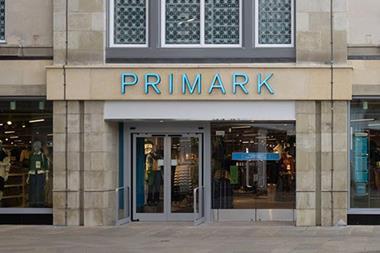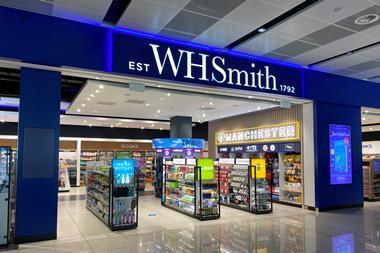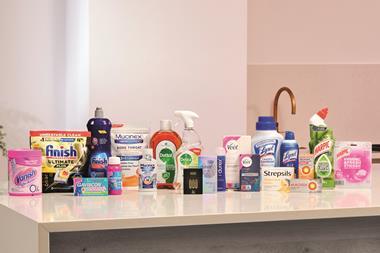Key figures in the convenience and independent sectors have been advocating local sourcing for a number of years. It is an area, claim smaller retailers, where they can put one over on the multiples.
Or so they say. Yet actual examples of local retailers taking up the challenge have been hard to find.
Until now that is - and the success that independent supermarket chain Harry Tuffins has had in ruffling the multiples' feathers should convince plenty more independents of the merits of expanding their ranges of locally sourced food and drink.
When Harry Tuffins opened its latest store in Ludlow, Shropshire, two months ago, it put local sourcing and food miles in particular at the heart of its agenda.
The move was in response to customers' demand for a greater choice of local products and their genuine concern about the distances much of their food has to travel to reach supermarkets, says managing director Paul Delves.
"Before we opened the new store, more and more customers were telling us that they preferred to shop for locally produced food," says Delves.
"In reality, we were already selling a lot of local lines and just not making much of a fuss about it. It was clear that this was an area in which we were well placed to achieve a competitive advantage."
The 3,000 sq ft Ludlow store sells more than 200 locally sourced lines, which Tuffins has signposted with shelf-edge labels that inform shoppers how many miles each item had to travel to get to the store. Products with food miles labels include organic potatoes, milk and honey.
Customer feedback on the initiative at Ludlow has been excellent, says Delves, and its success has given him the confidence to roll out the scheme to the five other stores in the Tuffins estate.
"We are just putting the finishing touches to this at the moment," says Delves. "Obviously we need all new labels for each site as the number of miles changes from store to store. As well as this, we are looking to increase the number of genuinely local lines we sell."
Other independents can gain tangible benefit from a genuinely local angle, says Delves.
He says the multiples often consider as 'local' products from Yorkshire, Wales or even Northern Ireland. However, the community retailer can stock products that come from within a five or 10-mile radius.
Because local suppliers tend to be well known by the community, shoppers are more likely to want to support them.
There are other benefits, says Delves. "The fact many of our suppliers are only a couple of miles up the road makes them very accessible.
"Dealing with local suppliers is a more personal relationship than with the big suppliers and we have no problems getting to talk to them.
"They can be flexible when it comes to making extra deliveries to meet demand, tailoring a bespoke promotion or running a tasting session in-store."
The Ludlow store turns over more than £45,000 a week, a level of sales boosted by the local ranges. Delves is especially proud of the store's progress considering the strong arm tactics of a local Tesco, which issued a major discount voucher scheme that coincided with the store's opening.
Tesco's discount scheme may have actually helped his cause, he believes, with shoppers turning out in droves to support their independent community retailer instead.
Harry Tuffins is a member of Nisa-Today's and so does most of its buying through the group's central distribution network.
But Delves believes there is a balance to be struck between competing on price with big brands and offering something unique for local shoppers.
"I am very supportive of Nisa's central distribution and the disciplines therein but I feel as independent grocers we need to balance the national distribution ideals with our local individual selling points and the changing attitudes of our customers."
Harry Tuffins has got this balance right so far, it seems. Other independent retailers that want to do more with local suppliers and raise their game against the multiples could learn a trick or two from this family-run grocery chain.n















No comments yet